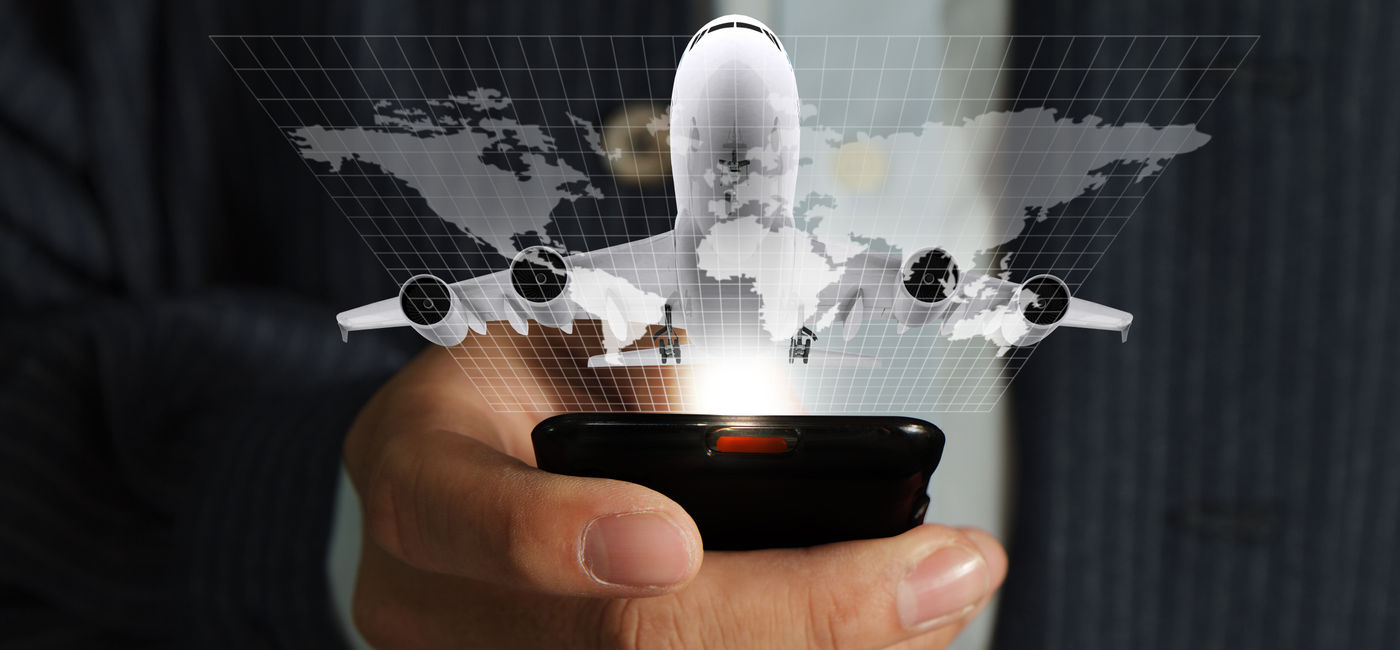The Grand Hotel Golf Resort and Spa – Destination Southeast
October 10, 2024So Much to See and Do in Chihuahua, Mexico
October 11, 2024
Business travel is poised to surpass pre-pandemic levels this year, with spending projected to reach a record-breaking $1.5 trillion, according to a new report from the World Travel & Tourism Council (WTTC). Its pace of recovery is proceeding faster than previously predicted, as corporate travel, which lagged behind the post-pandemic rebound in leisure travel, now shows surprising growth.
During the pandemic, the prevalence of remote work and virtual meetings meant that it mostly replaced face-to-face business interactions, leading to an even larger decline in corporate travel than in leisure travel.
And, while leisure travel quite quickly rebounded from its pandemic-era slump, business travel lagged behind. While leisure travel was only 2.9 percent behind its 2019 peak last year, business travel remained at 5.4 percent below pre-pandemic levels.
However, as business leaders have recently regained an emphasis on in-person engagements, corporate travel is now seeing a swift turnaround. It is set to exceed actually 2019 levels by 6.2 percent in 2024, reaching a new all-time high of US$1.5 trillion in spending.
U.S. and China Lead Business Travel Recovery
The WTTC’s “2024 Economic Impact Trends Report” reveals that the United States and China, the two largest markets for business travel, are leading the charge.
In the U.S.—which constituted 30 percent of global business travel in 2019—sector spending is expected to reach $472 billion this year, representing an astonishing 13.4 percent increase compared to the country’s pre-pandemic figures.
Similarly, China—the world’s second-largest market for business travel—is forecast to see a 13.1 percent increase in business travel spending compared with 2019, bringing the total to nearly $211 billion.
Germany, the third-largest market for corporate travel, is also expected to surpass its 2019 levels with projected spending of $87.5 billion, marking a nearly one percent rise over its 2019 peak.
Other major markets, such as the United Kingdom and France, are also anticipated to reach record highs, contributing a record-breaking $84.1 billion and $42.1 billion to their respective economies.
Face-to-Face Meetings Prove Indispensable
This week, at the global tourism body’s 24th Global Summit in Perth, Western Australia, WTTC President and CEO Julia Simpson said, “After a challenging few years, business travel is not only back on track, but it is recovering much faster than expected, highlighting the importance of international travel for businesses around the world.
“Many business powerhouses such as the U.S., China and Germany are expected to reach record numbers this year. While virtual meetings played a crucial role during the pandemic, keeping people and businesses connected, today’s report shows that business is better face to face.”
Paul Abbott, CEO of American Express Global Business Travel, a leading software and services company for business travel and expense, remarked, “Companies around the world value travel and in-person connections more than ever, since people movement was restricted during the pandemic.
“We always said travel was a force for good, driving economic and societal progress. But when travel stopped, GDP plummeted, unemployment soared, mental health issues escalated, and the world became a less tolerant place. The benefits of travel are now no longer in doubt. Companies around the world—many for the first time—are investing in managed business travel to grow their businesses and create winning cultures.”
Other Factors Driving the Comeback
The report points to several factors are evidently contributing to this resurgence in business travel, which is poised to surpass pre-pandemic levels. Since worldwide economies have managed to recover since the pandemic, with the travel and tourism sector’s GDP contribution reaching record levels, companies now have more resources to assign toward corporate travel.
Additionally, the growing trend of “blended travel”, where business trips are combined with personal vacations, has helped to reinvigorate the industry. The meetings, incentives, conferences, and exhibitions (MICE) segment has also made a significant comeback, as in-person events have finally resumed following an extended period of cancellations and postponements.
With business travel returning to the forefront, companies across the globe are once again recognizing its indispensable role in driving economic growth and fostering meaningful connections.
This article originally appeared in TravelPulse.
